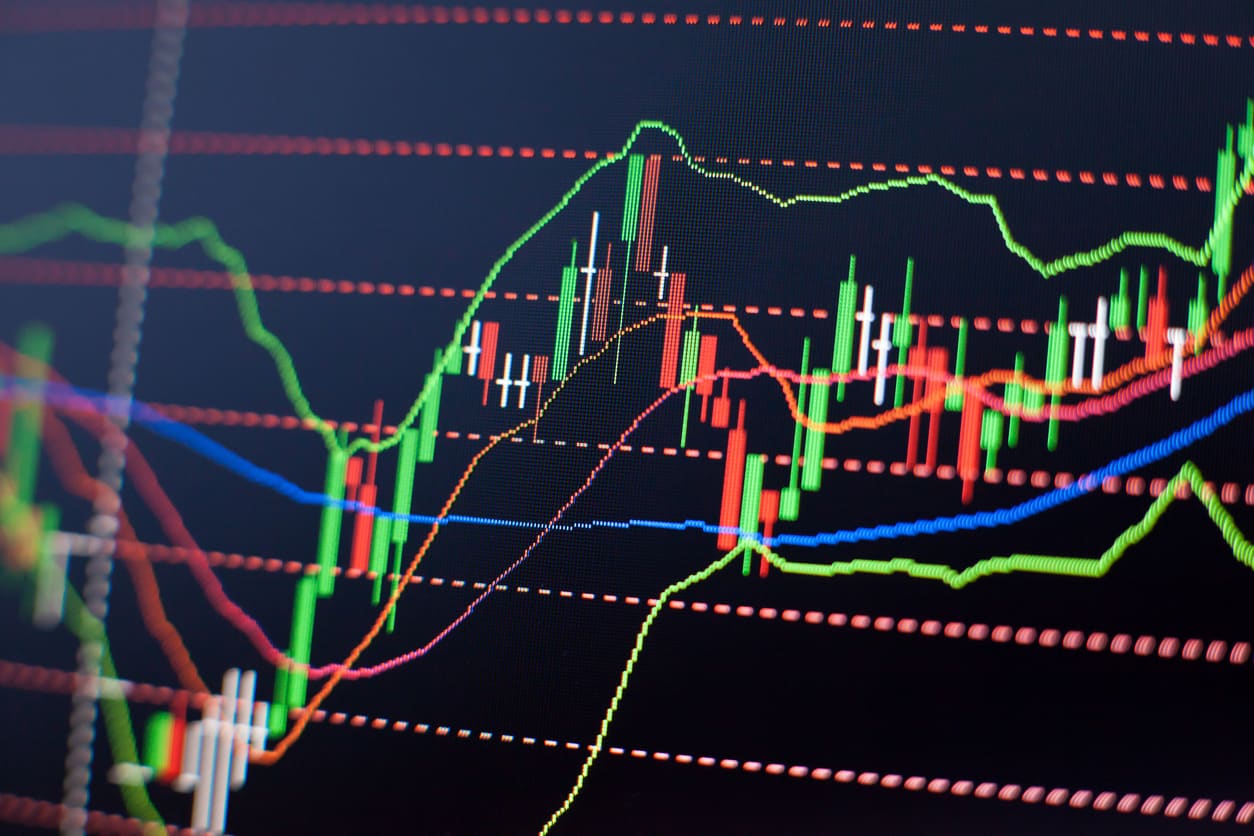Introduction

Image: www.topdogtrading.com
Are you a seasoned trader ready to dive into the fast-paced world of day trading? If so, you’re faced with a fundamental choice: futures or forex? These two trading arenas offer distinct advantages and challenges, and understanding their nuances is crucial to maximizing your returns while minimizing risk. As we delve into the heart of day trading futures vs forex, we’ll uncover the essential differences to guide your trading journey.
Defining the Battlegrounds: Futures vs Forex
Futures are standardized contracts that obligate the buyer to purchase a set amount of an underlying asset at a predetermined price and date. They derive their value from the underlying asset, such as commodities (e.g., gold, oil), indices (e.g., S&P 500), or currencies. Futures contracts offer leverage, allowing traders to gain exposure to larger positions with limited capital.
Forex (foreign exchange), on the other hand, involves trading currency pairs (e.g., EUR/USD, GBP/JPY) with the goal of making a profit from fluctuations in their exchange rates. Unlike futures, forex transactions are not standardized and occur over-the-counter (OTC) between two parties. This vast decentralized market offers unparalleled liquidity and 24/7 trading hours.
Diving into the Details: Key Differences
Underlying Asset: Futures are tied to specific assets, while forex focuses on currency pairs.
Contract Size: Futures contracts have predetermined sizes (e.g., 100 ounces of gold), whereas forex trades can be in any amount.
Traded Platform: Futures are typically traded on futures exchanges, while forex is traded OTC through brokers and electronic platforms.
Leverage Potential: Futures offer higher leverage than forex, enabling traders to control larger positions with less capital. However, this leverage comes with increased risk.
Liquidity: Forex is the world’s most liquid market, offering ample opportunities for entry and exit. Futures markets can vary in liquidity depending on the underlying asset.
Market Hours: Forex markets operate 24 hours a day, 5 days a week, providing traders with extended trading opportunities. Futures markets have specific trading hours that vary depending on the exchange and underlying asset.
Trading Style: Futures trading often involves holding positions for longer duration, while forex day traders typically close their positions within the same day.
Regulations: Both futures and forex markets are subject to regulation by government agencies, ensuring fair and transparent trading practices.
Delving into Futures: Advantages and Disadvantages
Advantages:
Leverage for increased profit potential
Standardized contracts for clear trading guidelines
Access to a wider range of underlying assets
Disadvantages:
Higher risk due to leverage
Contract expiration dates that require timely management
Commission fees and exchange costs

Image: forexscalpingtricks.blogspot.com
Navigating Forex: Benefits and Drawbacks
Benefits:
Vast liquidity and 24/7 trading
No contract expiration dates, providing flexibility
Lower commissions compared to futures
Drawbacks:
Less leverage than futures
Liquidity can vary depending on currency pairs
Hidden costs in the form of bid-ask spreads
Day Trading Futures Vs Forex
https://youtube.com/watch?v=WsTAgI2pyiM
Conclusion: Choosing the Right Trading Arena
Choosing between day trading futures vs forex ultimately depends on your individual trading style, risk tolerance, and objectives. Futures offer leverage and access to various assets, while forex provides liquidity and flexibility. By carefully weighing the advantages and disadvantages of both markets, you can select the one that best aligns with your trading strategies and risk appetite. Remember, a thorough understanding of these two trading arenas is essential for successful day trading. So, dive deep, research, and harness the power of informed decisions to navigate the dynamic world of futures and forex trading.






